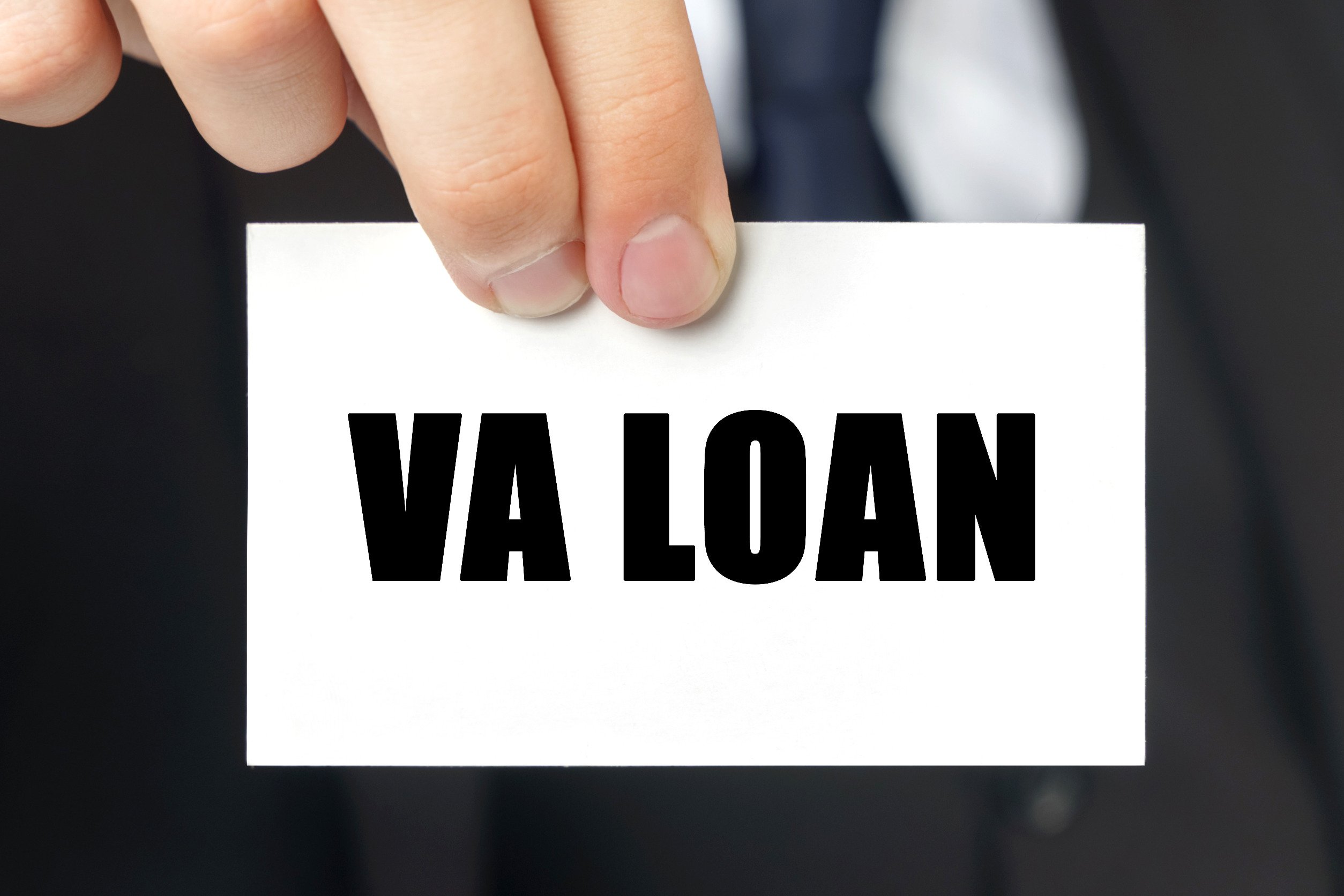Since the U.S. started recovering from the economic downturn, credit scores have improved dramatically. In 2017, the average FICO score was 700 — 14 points higher than the average 10 years ago. However, that number doesn’t paint the entire picture… Plenty of Americans still live with bad credit and a reported 11% of Americans have never even checked their credit score.
Your credit score is influenced by your credit history and your history of debt repayment. It can affect your chances of obtaining financing, and can also affect your ability to refinance existing loans, including mortgage loans.
You worked hard to achieve home ownership. If you’re ready to refinance but you’re concerned about your credit score, don’t worry. Mortgage refinance companies can help. Check out our tips below to support your refinancing efforts:
1. Shop for a Better Deal
Just because you have a mortgage with one provider, that doesn’t mean you can’t look elsewhere. Consider shopping for a better deal from another mortgage refinancing company, bank, or credit union.
2. Find Out if You Qualify for Assistance
The government and some public institutions have assistance programs for qualified citizens who wish to refinance their home loans. Some of the programs include:
HARP
The Home Affordable Refinance Program (HARP) is designed for troubled homeowners and is implemented by the Department of Housing and Urban Development. Introduced in 2009, it does not require a credit score or credit report to acquire.
However, it does have some requirements. For example, your loan must be owned by Fannie Mae or Freddie Mac, and your loan must have originated before May 31, 2009, among other stipulations.
FHA Streamline Refinance
If you have an FHA mortgage, the Federal Housing Administration offers a great refinancing program with minimal credit or equity requirements. However, you must have made no less than one late mortgage payment within the last year to qualify.
VA Interest Rate Reduction Refinance Loan (IRRRL)
The VA loan is a $0 down payment mortgage loan available to veterans, active service members, and military spouses. If you have this type of loan, you may qualify for a loan that lowers your interest rate. For veterans, this is a popular option for home loan refinancing.
3. Improve Your Credit Score
This may sound like a no-brainer, but improving your credit score isn’t always easy. It takes time, and it may require you to change your spending habits. Still, there are certain steps you can take to make your score more attractive to lenders. The two best ways to increase your credit score are to pay your bills on time and keep your credit utilization down. You can also try the following:
 - Set up automatic bill payments or automated payment reminders
- Set up automatic bill payments or automated payment reminders- Keep unused credit cards open
- Only open new accounts as needed
- Stop charging purchases to credit cards entirely
- Get up-to-date on your payments
- You can also contact your creditors directly or work with a credit advisor to get help.
4. Work with Your Current Mortgage Lender
In some cases, your current home mortgage loan lender may be willing to refinance, even if you have bad credit. In your application, focus on other factors that prove you’re reliable. Keeping the same job for several years and proving stable income are both ways of ensuring you’ll pay. Showing that you have substantial savings could also help.
5. Talk to a Mortgage Refinance Company
One of the easiest ways to find out if you can refinance despite less-than-ideal credit is to work with a company that specializes in home loan refinancing. Mortgage refinance companies like US Mortgages provide options to all types of homeowners. Even if you have less-than-perfect credit, you may qualify. Learn more about our refinancing services and get a no-obligation quote fast!














